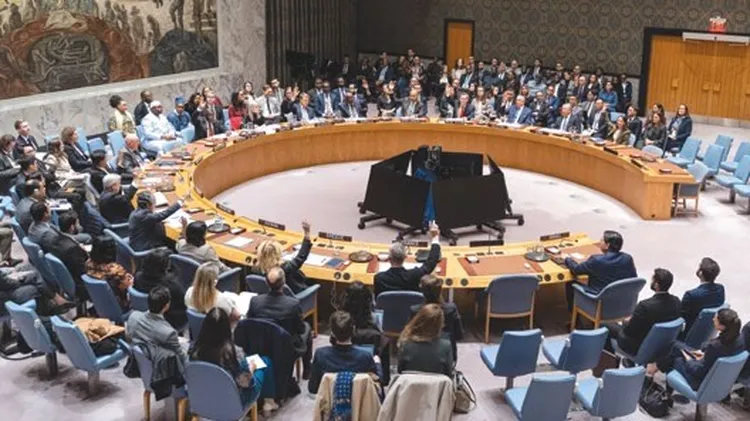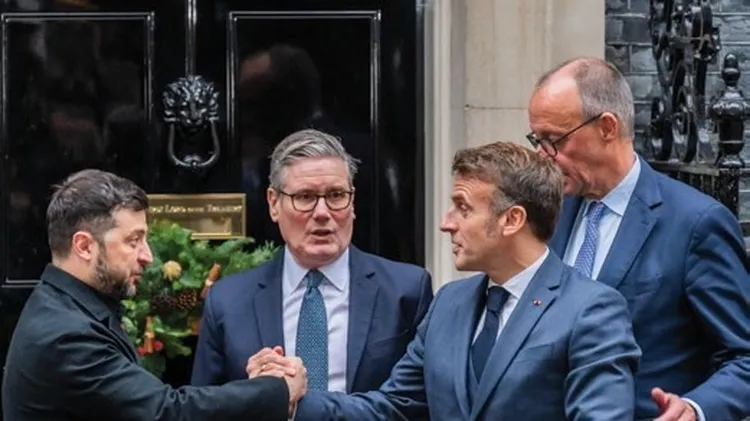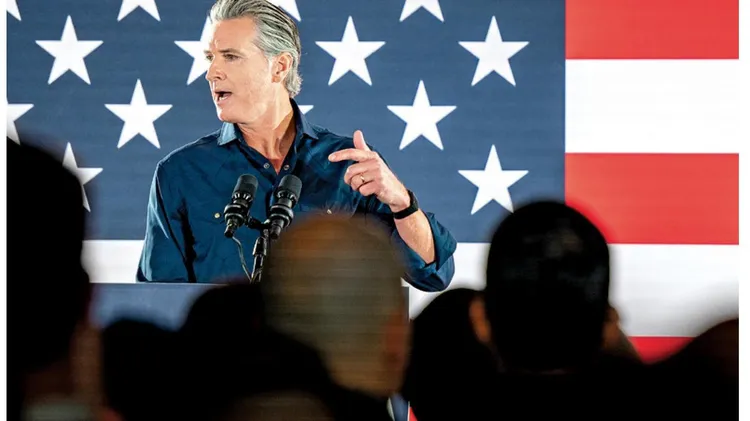The war presents a new opportunity for a deal. Matthew Partridge
Peace may be in sight in gaza
4 min read
This article is from...
Read this article and 8000+ more magazines and newspapers on Readly






